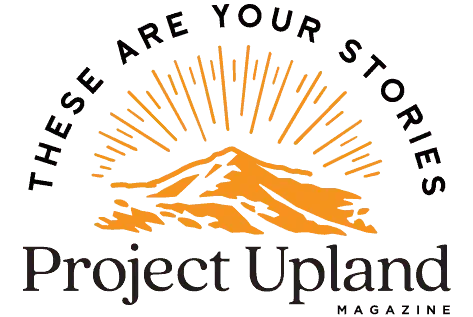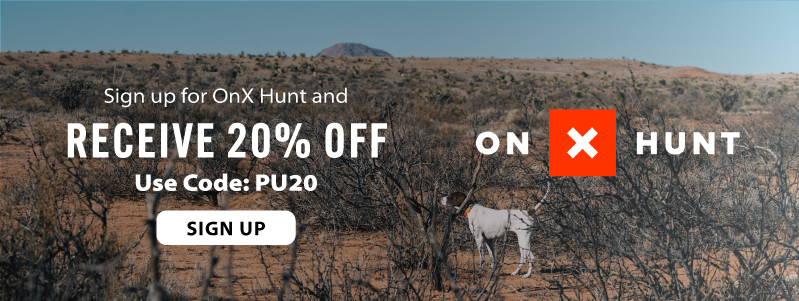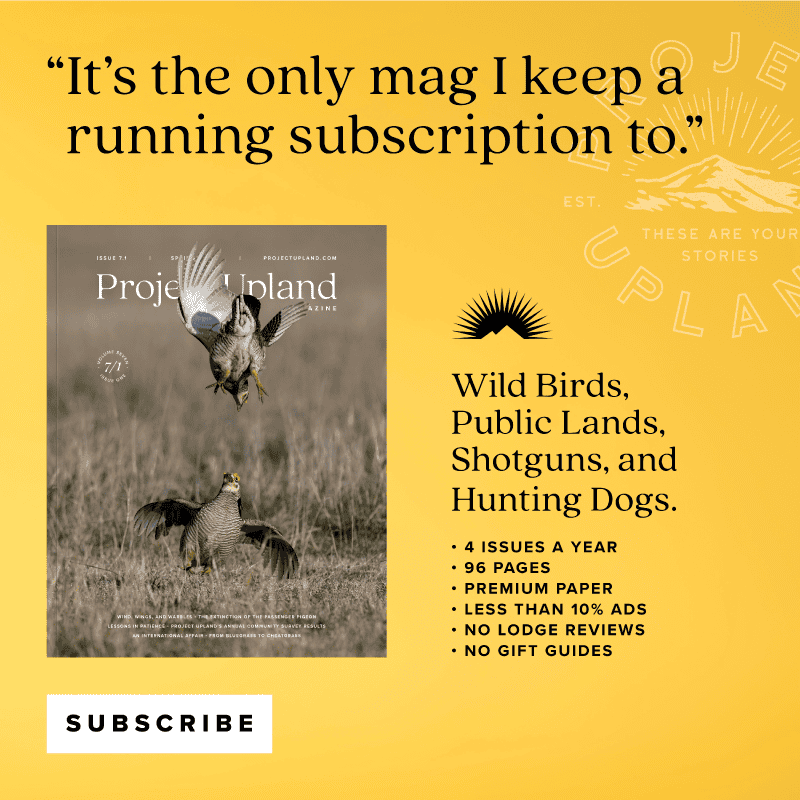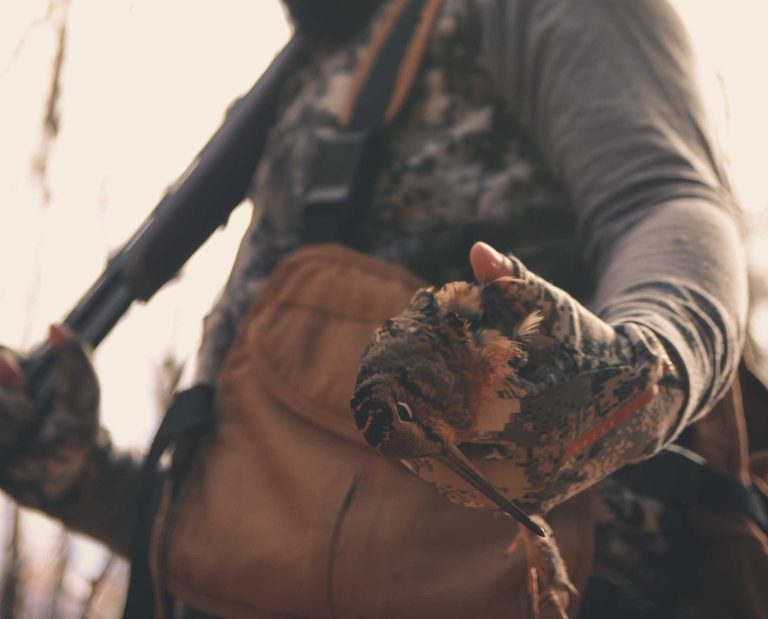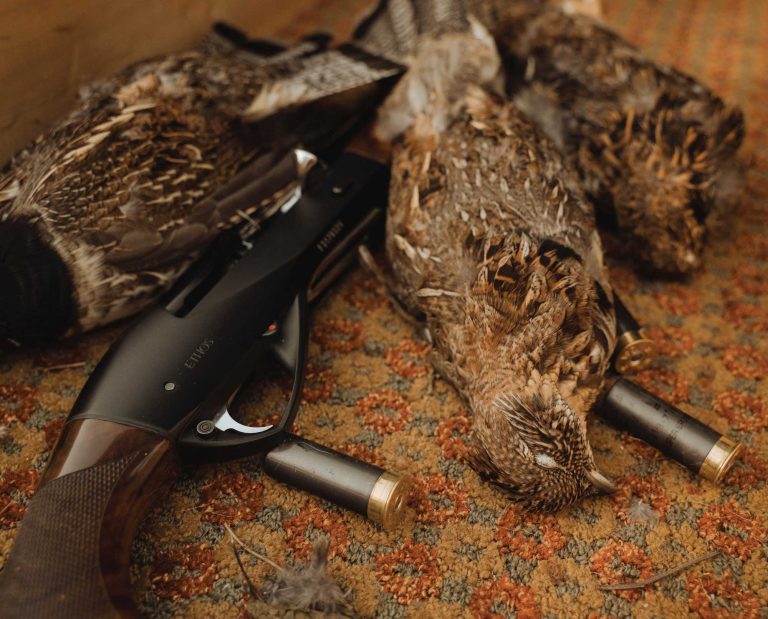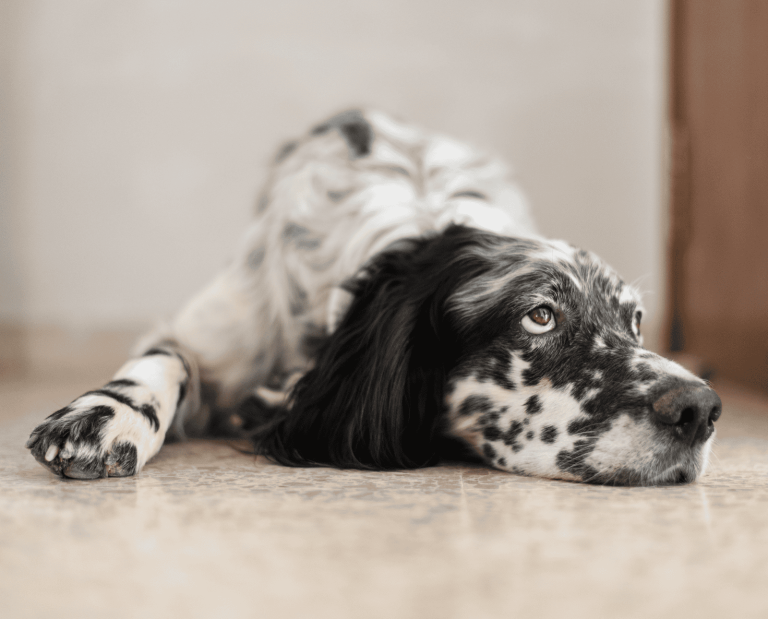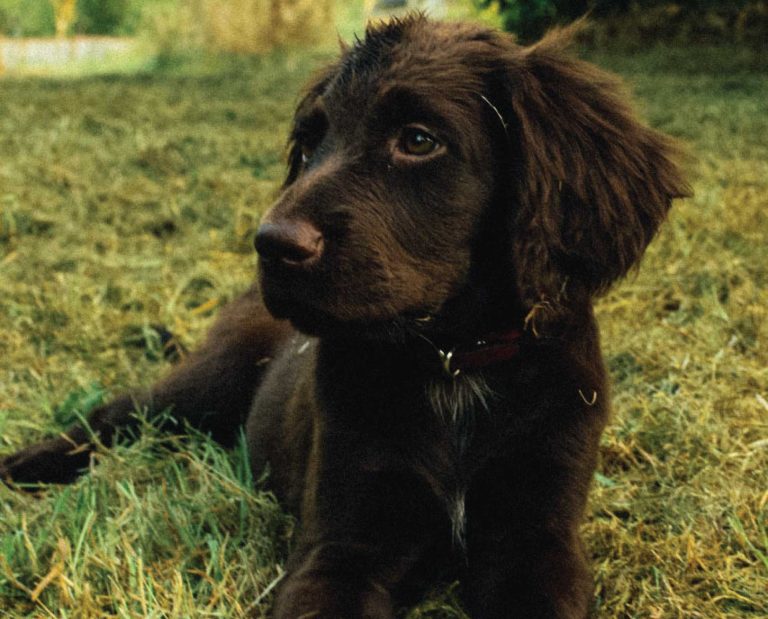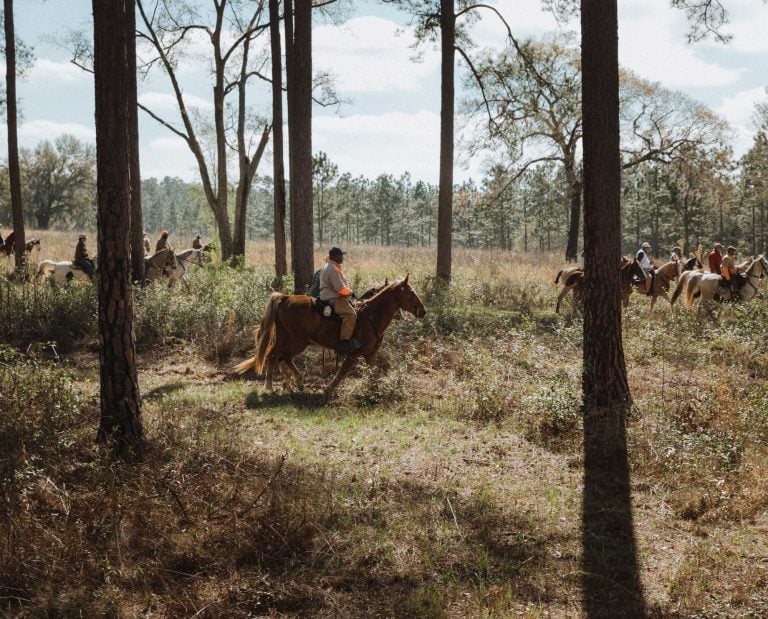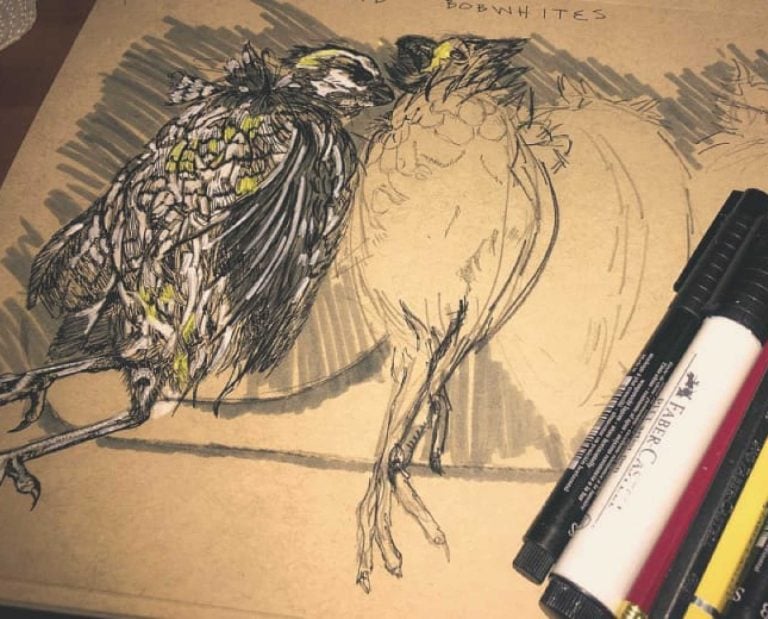The Juxtaposition of Pride in Hunting

A story of trying to balance self identity as a gay hunter
By most standards, I was a spoiled kid. I was blessed with upland and waterfowl opportunities from the onset. My first memory in the field was in the duck blind beside my dad – he let me (illegally) carry a BB gun into the marsh so I could feel like more of a man. In my defense, I didn’t fire a shot and the statute of limitations has passed.
I still have a picture of my first hunt – a day chasing pheasant in the fields of eastern Oregon with three generations of men from my family. You couldn’t have wiped the smile off my face after I took my first pheasant with a little youth model Remington 870, and I couldn’t help but boast to anyone that would hold still.
Growing up in a family where hunting was a tradition passed down for generations, my pride as a hunter was holistic. I was proud of the skills I had polished over the course of many years in the outdoors with my dad, uncles and grandfathers, of each ounce of meat I brought home to share, and of being a part of the greater community of sportsmen.
Finding that same, or any, pride in another part of my life, something that unequivocally makes me, “me” was an impossibility – being gay. The characterization of the gay community by those with whom I went out hunting warranted nothing but feelings of disgust. The adults and personalities I looked up to and respected only spoke of the negative stereotypes of homosexuality and associated the same with weakness or worse. This rhetoric shaped my thoughts around the subject and instilled feelings of inferiority from the start. I went to extreme lengths to conceal my true self and lived in a state of fear of being outed and labeled an outcast.
Pride was the furthest from what I felt. I felt shame in a part of myself I could not change, but could do my best to hide for the time being.
The day I finally came “out of the closet” wasn’t magic. I expected to feel liberated, but my reality was quite the opposite. After coming out, I felt a heavier weight on my shoulders. Now that I publicly identified as a member of the gay community, I put extreme pressure on myself to avoid being cast into any stereotype, whether good or bad, and I feared any shortcomings in my abilities, as an outdoorsman or otherwise, would be chalked up to me being queer.
I took pride in what I perceived as a lack of outwardly gay characteristics. Instead of serving as a positive example of the gay community and a conduit for change, I furthered the stereotypes by saying, “I’m not like ‘them’.” I may not have outwardly exhibited the stereotypes of the community, but I was perpetuating them nonetheless.
As I continued to hunt, I did so largely by myself – mostly out of fear of rejection in my outreach to new friends who also regulared the field and water, and the burden of having to “come out” again and again. I went out quail hunting and backpacking alone presuming no right-minded straight man would want to share a tent with someone like me or be willing to face the potential ridicule from buddies making analogies to Brokeback Mountain.
The one person I continued to hunt with was my dad. Each Christmas, I still fly back home to spend at least a few mornings in the blind at his duck club. The hunting is typically phenomenal so the small talk is kept to a minimum as someone usually has their mouth on a call or is busy helping the dog with a retrieve. Despite the fortunate conditions, the bigotry of the other hunters and old-timers still comes through. I’ve steered my way awkwardly around the subject of my love-life when topics of girlfriends or the suitability of women came up – and ignored the random “fag” usage. It’s a sore spot, but I still haven’t had the courage to speak up at the duck club. Admittedly, I don’t think it has anything to do with losing those “friends” so much as losing the annual invite to join my dad for a hunt while I’m home – likely not an acceptable excuse to be complicit in outright bigotry and feeding the last bit of self-hate that remains.
A decade in and I’d be lying if I said I didn’t still experience a moment of fear and hesitation for how the next person will react to learning I’m gay – knowing people will outright hate me as a whole for what amounts to only a small piece of the puzzle, sucks. Regardless, I’ve finally had the guts to be more forthcoming with those other outdoors-people I’ve surrounded myself with and meet, and my fears of rejection were hugely off-base. Though it’s hard to quantify, once I gained enough confidence to invite my buddies back out into the woods and on the water, I was met with nothing but acceptance, enthusiasm, and, at worse, indifference.
The same can’t be said with “coming out” as a hunter within the gay community (or society at large). Broadening my exposure and friend group, I heard the ugly side of the hunting stereotypes. More times than I care to count, I have faced ridicule and been cold-shouldered for my identity as a hunter or gun owner. I have been characterized by the acts of a few poachers and trophy hunters, just the same as my earlier influencers characterized gays only by those seen in pop culture or in the news.
I often try to talk (and write Instagram diatribes) about the values of hunting for conservation, sustainability and the enjoyment of the pursuit above any blood-thirst, but it’s hard for non-hunters to overlook the picture evidence or act of killing.
Unfortunately, it feels like I’m forced to pick between the two communities. How can I be a proud member of one, when I still hear the echoes of ‘shame’ in the other? It’s my hope, as more people stand and identify proudly in either, it will broaden the acceptance of each.
As hunters, we have to put our best foot forward in the image we’re portraying to society in order to ensure our community’s longevity. Your words and images have a lasting impact and will be extrapolated upon hunters at-large – whether it’s a trophy shot or unintended bigotry. Few of us find “pride” in killing an animal, or even being labeled a “hunter” – we find pride in connecting with nature, spending a day with friends and, if lucky, putting some food on the table. Not to mention, most of the hunters I know are some of the most upstanding conservationists around and go out of their way to welcome all people with open arms – but this is not the norm or public perception.
It took an army for me to garner the strength to come out, but the visibility of similar, ever-growing groups created by a new generation of hunter, not in age but in mindset, is increasing. These hunters are reshaping society’s image of the hunting community at large by giving people like me the strength and support to feel pride in their own “fringe” group or “identity” and working to expand the voices (and votes) we have on our side for the conservation of our wildlife, public lands and hunting heritage.
